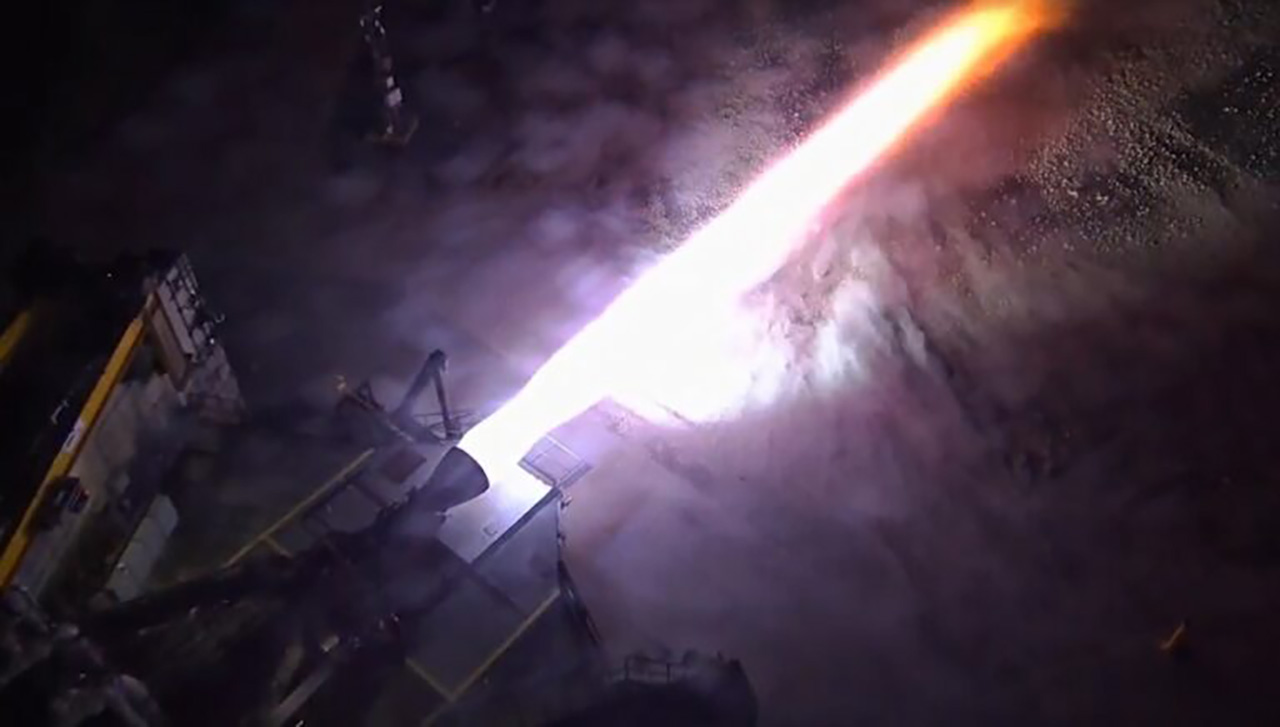NASA’s Artemis missions are some of the most exciting upcoming space missions that humanity has to look forward to. We still have a long way to go before humans set foot back on the Moon with Artemis III, but this month, SpaceX shared some good news after completing several tests on the Artemis moon lander’s engine.
According to an announcement from NASA, SpaceX has now demonstrated that the engine aboard the Artemis III’s Starship HLS lander. The HLS, or Human Landing System, will allow humanity to safely land on the Moon and then take off again, similar to how the Apollo landers did the same for the original astronauts of the Moon missions.
These newest tests are so important because they have officially proven that the engines above the Artemis Moon lander will be able to activate in the extreme cold conditions resulting from extended time in space. Further, the tests prove that the engines will be capable of the burn needed to slow the lander so that it can land safely without impact.

The Raptor engine, which is what is being used aboard the SpaceX HLS, has now proven that it can successfully burn for the full length of time needed to control a powered descent phase. It has also showcased that it has the ability to change the level of engine power over time, which is exceptionally important during intense maneuvers of this caliber.
NASA has been working alongside SpaceX and others to develop the systems needed to make Artemis III and future missions to the Moon successful. Seeing that SpaceX’s Artemis Moon lander engine is able to complete these tests as expected is vital to ensuring the safety of the astronauts who will travel to the Moon aboard Artemis III.
With a system like the HLS in place, NASA and SpaceX will fundamentally change how we land on other cosmic entities, and perhaps that very same system – or an upgrade one – could one day help astronauts land on Mars. Hopefully, this means we’ll continue to see success going forward, as any delays to other SpaceX projects, like Starship, could also cause unintentional delays to NASA’s Artemis missions.








